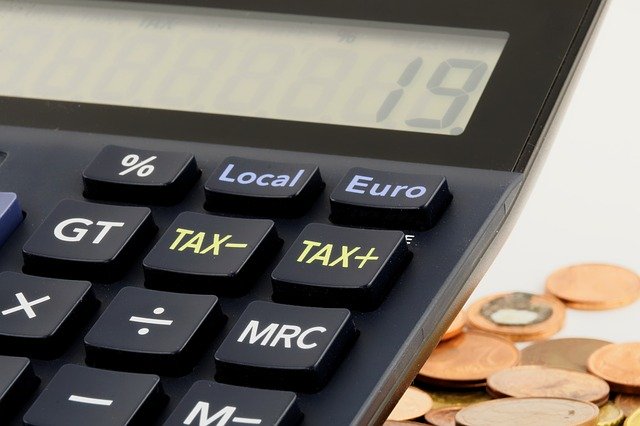[updated on 05.09.2024]
Should proceedings be initiated under section 130 or sections 73/74?
[Order of the High Court of Allahabad dated 20.08.2024, in Vijay Trading Company v. Additional Commissioner Grade-2, State Tax, Uttar Pradesh, from Writ Tax No. 1278 of 2024]
Inspection / search was conducted under section 67 of the CGST Act and it was held that excess stock was found on the basis of eye measurement instead of actual weighment (as contended by the petitioner). Accordingly, proceedings were initiated under section 130.
However, under section 35(6), if the registered person fails to account for the goods / services, the proper officer shall determine the tax payable as if such goods / services were supplied and sections 73/74 shall apply for determination of tax. Therefore, the impugned order was quashed.
Can order demanding tax be passed after issuing notice for confiscation?
[Order of the High Court of Allahabad dated 19.07.2024 , in Shree Om Steels v. Additional Commissioner, from Writ Tax Nos. 1007, 1101 and 1410 of 2024]
Upon inspection under section 67, goods were found in excess. Therefore, notice for confiscation and penalty were issued under section 130 read with section 122. Thereafter, order demanding tax and penalty was issued.
Even if excess stock is found, proceedings under section 130 cannot be initiated. Tax demand can be raised only under sections 73 or 74. Therefore, impugned orders were set aside.
Comments
Under section 35(6), if the registered person fails to account for the goods / services, the proper officer shall determine the tax payable, as if such goods / services were supplied and sections 73/74 shall apply for determination of tax. On the other hand, section 130 provides for confiscation and penalty under section 122 where any person does not account for any goods on which he is liable to pay tax.
While section 35 applies only to a registered person, section 130 applies to any person. Similarly, while section 35 provides for determination of tax under sections 73/74, section 130 provides for confiscation and penalty. Also, section 35 applies to goods and services while section 130 can apply only to goods.
Importantly, section 35(6) provides a deeming fiction as if unaccounted goods / services were supplied. In such a case, if tax is determined under sections 73/74 and levied thereon, the said goods would again suffer tax at the time of supply to a recipient. It remains to be seen if this is intended by the lawmaker or will this section witness an amendment akin to section 129. On a harmonious construction, it may be inferred that proceedings can lie under sections 73/74 if goods / services were supplied but not accounted, while unaccounted goods lying in stock are liable to proceedings under section 130.
Nevertheless, after issuing a notice under section 130, tax and penalty cannot be determined under sections 73/74 whatsoever.


